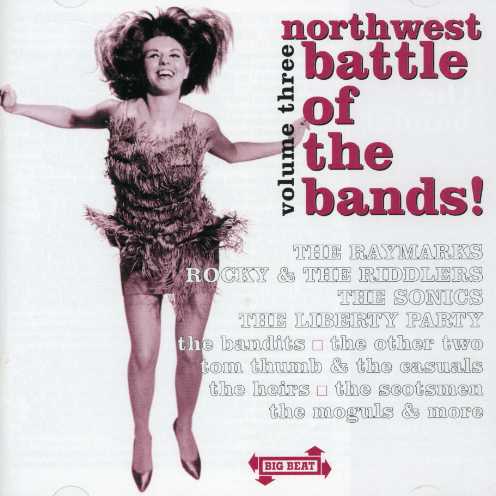
Barr, Roger
product information
description
in a historic neighborhood is shrouded in scandal, innuendo, police neglect, and media sensationalism in Depression-era Minnesota. Join author Roger Barr as he searches for answers to this unsolved case.
At 7:00 a.m. on December 9, 1937, St. Paul firefighters battling an arsonist's fire in the abandoned Aberdeen Hotel discovered the badly burned body of a woman. The victim was soon identified as 31-year-old Ruth Munson, a waitress at the Union Depot--a "small-town girl" who had moved to the big city in search of a new life.
Using original police records, Ruth's own diary and letters, newspaper accounts, public documents, and other primary sources, author Roger Barr meticulously retraces the investigation, as detectives examined Ruth's background, work history, relationships, and social life in search of clues to her killer. As they looked into her sexual relationships, the detectives uncovered hints of Ruth's secret, double life, which included legal but culturally taboo connections with Black men. Despite years of searching, police never caught the murderer. Their work was met with mistrust, silence, and denial among both white and Black people. Barr provides a careful examination of the missed opportunities, secrets, and racism that hampered the investigation.
Rich in period detail and fascinating anecdotes, A Murder on the Hill constructs a procedural investigation worthy of a high-profile case. Readers see for themselves what it is like to winnow important information from a flow of rumors, tips, and leads. What emerges is a remarkable view of a racially and
economically divided time in the not-too-distant past. The murder of a working-class white woman in a Midwestern city was sensationalized by journalists due to racial prejudice; as a result, the historical record offers glimpses into the lives of dozens of individuals whose story might have otherwise been ignored all--like Ruth--trying to scratch out a living in a Depression-ridden, segregated city.
At 7:00 a.m. on December 9, 1937, St. Paul firefighters battling an arsonist's fire in the abandoned Aberdeen Hotel discovered the badly burned body of a woman. The victim was soon identified as 31-year-old Ruth Munson, a waitress at the Union Depot--a "small-town girl" who had moved to the big city in search of a new life.
Using original police records, Ruth's own diary and letters, newspaper accounts, public documents, and other primary sources, author Roger Barr meticulously retraces the investigation, as detectives examined Ruth's background, work history, relationships, and social life in search of clues to her killer. As they looked into her sexual relationships, the detectives uncovered hints of Ruth's secret, double life, which included legal but culturally taboo connections with Black men. Despite years of searching, police never caught the murderer. Their work was met with mistrust, silence, and denial among both white and Black people. Barr provides a careful examination of the missed opportunities, secrets, and racism that hampered the investigation.
Rich in period detail and fascinating anecdotes, A Murder on the Hill constructs a procedural investigation worthy of a high-profile case. Readers see for themselves what it is like to winnow important information from a flow of rumors, tips, and leads. What emerges is a remarkable view of a racially and
economically divided time in the not-too-distant past. The murder of a working-class white woman in a Midwestern city was sensationalized by journalists due to racial prejudice; as a result, the historical record offers glimpses into the lives of dozens of individuals whose story might have otherwise been ignored all--like Ruth--trying to scratch out a living in a Depression-ridden, segregated city.
member goods
No member items were found under this heading.
listens & views

NORTHWEST BATTLE OF THE BANDS ...
by NORTHWEST BATTLE OF THE BANDS 3 / VARIOUS (UK)
COMPACT DISCout of stock
$12.99
Return Policy
All sales are final
Shipping
No special shipping considerations available.
Shipping fees determined at checkout.






